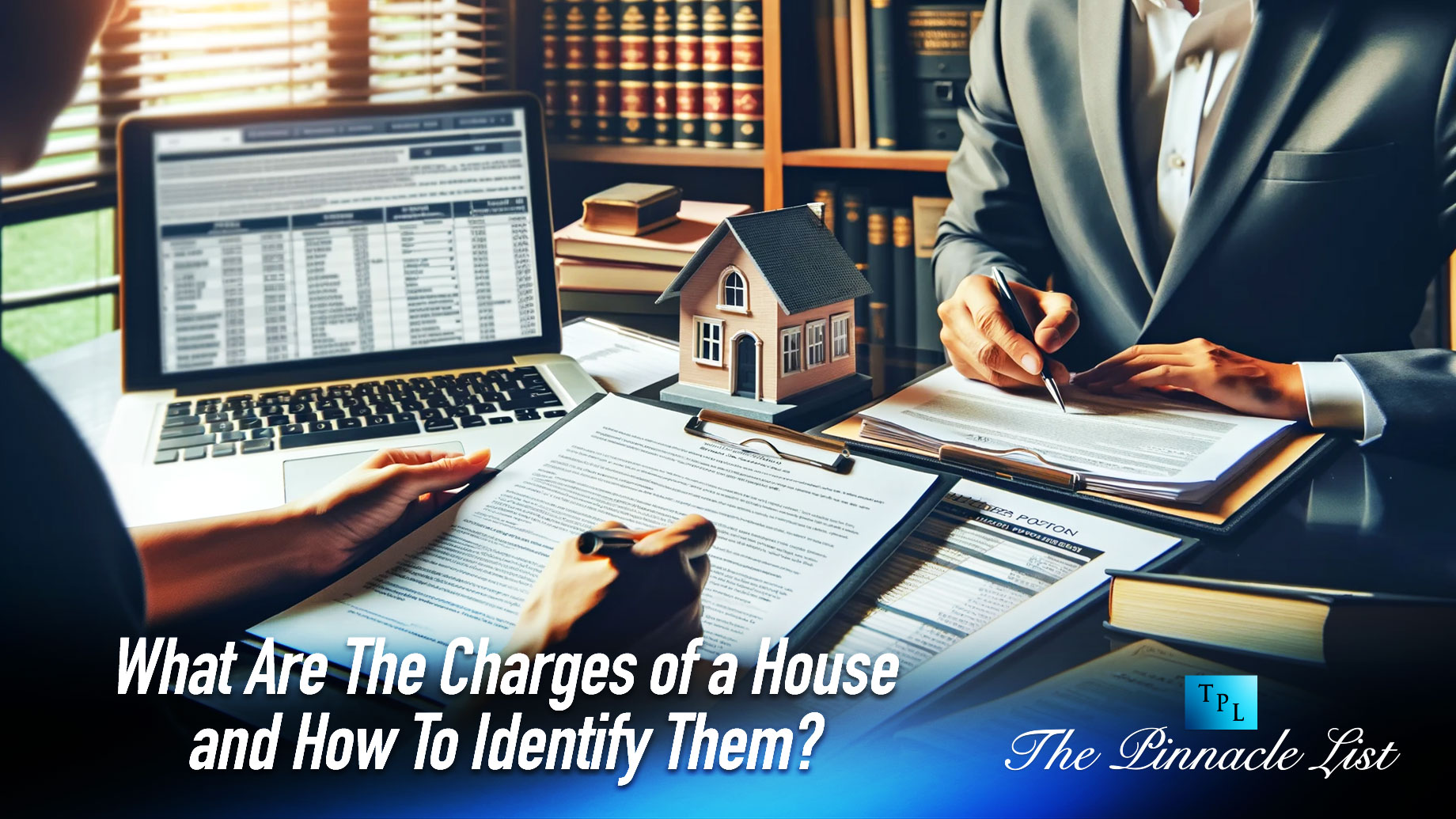
When buying a house, it’s critical to be aware of any charges or debts associated with the property that will be transferred to you as the new owner. The charges on a house can include a variety of financial obligations, such as:
- Mortgages
- Property taxes
- Homeowners association fees
- Utility bills
- Other liens or encumbrances
Failing to identify and address these charges before completing the purchase could lead to unpleasant surprises and additional costs after you take ownership. Therefore, thoroughly researching any debts or limitations on the property is an essential step for any prudent home buyer.
How Can You Identify The Charges?
There are several ways to investigate and uncover any charges on a house you are considering purchasing:
1. Title Search
Hire a title company or real estate attorney to conduct a full title search on the property. They will examine public records to identify any mortgages, liens, judgments, or other encumbrances attached to the property. The title search will also confirm that the seller has a clear title to the property and the legal right to sell it.
2. Seller’s Disclosures
Carefully review the seller’s disclosure documents, which they are legally required to provide in most jurisdictions. These disclosures should list any known issues with the property, including financial obligations like a mortgage or property tax arrears. However, don’t rely solely on the seller’s disclosures, as they may not be comprehensive.
3. Mortgage Statement
If the seller has an outstanding mortgage on the property, ask them to provide a current mortgage statement. This will show the remaining balance, monthly payment amount, and whether the payments are up to date. You’ll need to either assume the existing mortgage or require the seller to pay it off at closing.
4. Property Tax Records
Contact the local tax assessor’s office or check their online records to see if any property taxes are owed on the house. Property taxes are typically paid annually or semi-annually, so you’ll want to confirm the taxes are paid up and current. Otherwise, you could become responsible for any unpaid property tax bills after taking ownership.
5. Homeowners Association
If the property is part of a homeowners association (HOA), condominium, or co-op, contact the association directly to obtain information about the fees, assessments, and any delinquent payments attached to the property. You may need to pay any outstanding HOA dues and assume the ongoing fees after purchasing.
6. Utility Companies
Reach out to the local utility providers, such as the electric, gas, water, and sewer companies, to check if there are any unpaid utility bills for the property. You’ll want the seller to pay off any amounts owed and close their accounts so you can set up a new service in your name without inheriting their debts.
The Bottom Line
Consulting with a real estate expert or legal advisor who is well-versed in international tax planning strategies for individuals can significantly mitigate the risks associated with unknown or outstanding charges on a property. Whether you are buying a home for personal use or as an investment, it is important to have a clear understanding of any charges that may impact the value or future sale of the property.
Investigating the charges associated with a house is a crucial part of the due diligence process when buying a home. Work closely with your real estate agent and attorney to identify and resolve any issues with the property before proceeding with the purchase. Uncovering and addressing any financial obligations upfront will give you greater peace of mind and security in your new home.
With the proper research, you can avoid costly surprises and ensure a smoother transition to home ownership.